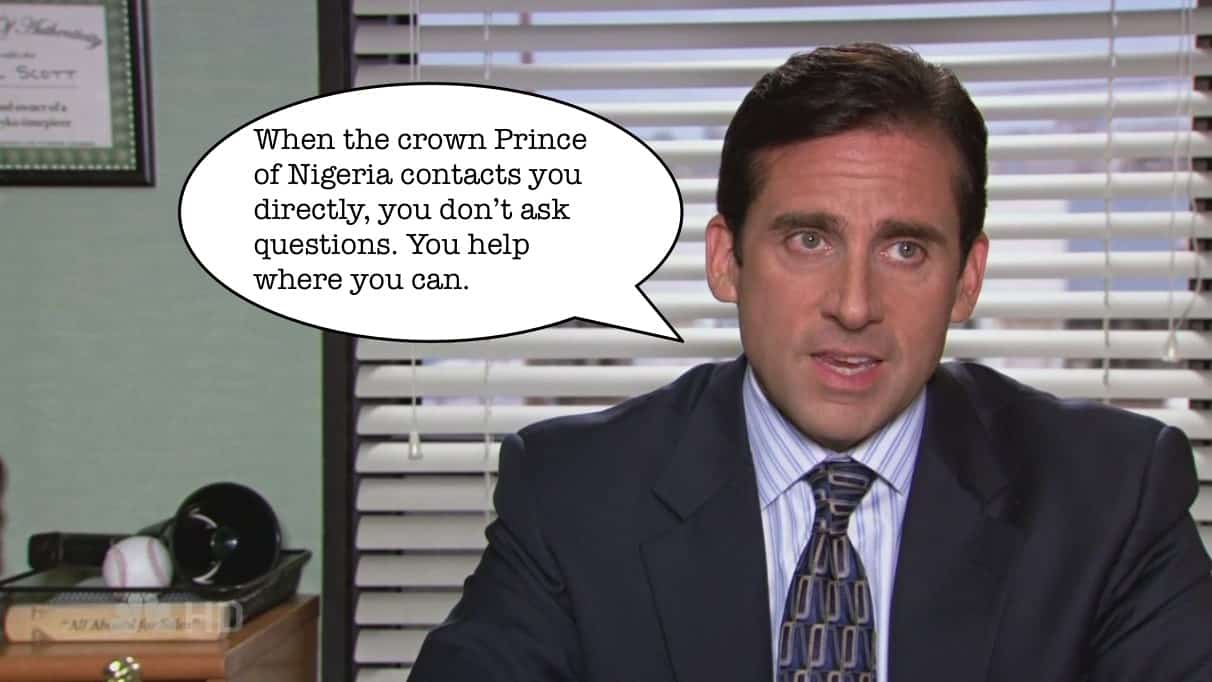
The victim subsequently received bank checks totaling $2,610 with instructions that he/she was asked to deposit said checks into his/her personal bank account. The victim was then asked to wire funds to a client from the account via a money gram. By the time the checks were determined to be fraudulent the victim had already wired funds from his/her personal account.
This type of fraud has been reported with varying schemes frequently targeting the elderly and unemployed but a new spin has been reported recently targeting college students seeking part time employment. Under no circumstance should you use your personal bank account nor should any legitimate company request you do so to process or covert company monies.
So why do they ask you to wire money – through companies like MoneyGram and Western Union – is like sending cash. Once it’s gone, you can’t get it back. That’s one reason scammers often insist that people wire money, especially to addresses overseas. It’s nearly impossible to reverse the transfer, trace the money, or track the recipients.
Anytime someone ask you to deposit a check its a scam . Scammers ask you to deposit a check for them, and then wire money back to them. The scam is that the check is fake. It will bounce, and you’ll owe your bank the money you withdrew. By law, banks must make the funds from deposited checks available within a few days, but it can take weeks to uncover a fake check. It may seem that the check has cleared and that the money is in your account. But if a check later turns out to be a fake, you’ll owe the bank any money you withdrew.

